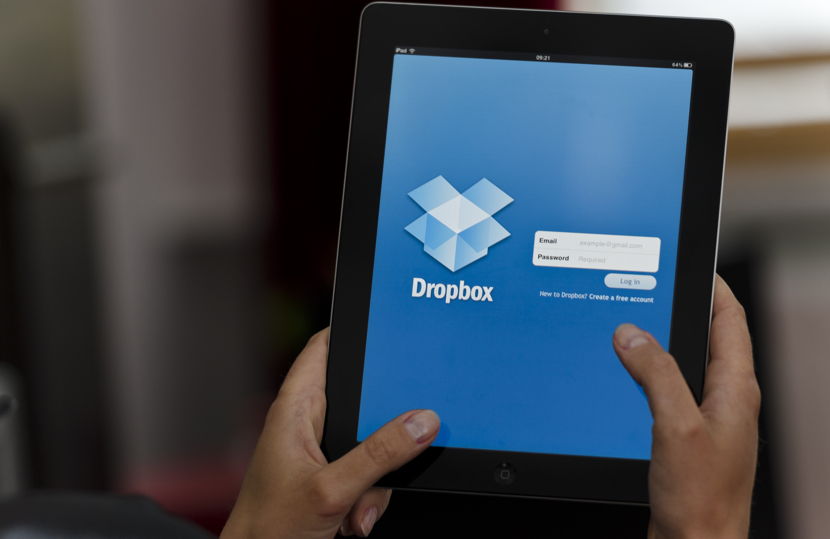
Image by: funky-data, ©2018 Getty Images
Dropbox on February 23 officially unveiled its filing with Nasdaq to make an initial public offering (IPO) under the stock symbol DBX. The announcement ended one of the longest-running IPO sagas in the current Silicon Valley era, and the 11-year-old content sharing and collaboration service now faces the challenges of answering to the public market and the attendant pressure for growth.
At the time of the announcement, Dropbox planned to raise up to $648 million for its IPO, initially valuing the company at $7.1 billion—6.4 times the company’s 2017 revenue. With a successful IPO, Dropbox will become the largest subscription-based software IPO in history.
UPDATED - On March 22, Dropbox officially announced the IPO of 36,000,000 shares of its common stock at a price of $21 per share, raising $756 million. This pricing is higher than the initial range of $16 to $18 per share in their original filing and even beat their adjusted range of $18 to $20 per share in a filing on March 21, resulting in an initial market capitalization around $8.3 billion. The stock debuted at $29 in the first moments of trading on March 23.
Dropbox also made two additional announcements about strategic partnerships, which deserve examination. On March 7, the company announced plans to offer its private network services on the Equinix Cloud Exchange Fabric. This will expand private networking availability in geographies where Dropbox is seeing greater adoption and improve speed and reliability for customers who conduct business in those areas. IDC believes this will resonate with large corporations. Also, the six announced locations are all areas known to have large media, entertainment, and creative communities, a customer set that has been drawn to Dropbox because of the large file sizes often involved in their work combined with the robustness and ease of use of the Dropbox offerings.
On March 9, Dropbox announced a strategic partnership with Salesforce, which will integrate Dropbox as a Live App in the Salesforce collaboration platform Quip, allow branded and customized Dropbox folders inside Salesforce Commerce and Marketing Clouds, and make Quip documents available within Dropbox. The integration will allow users on either side of the corporate stack to access, share, and edit content in the user interface of their choice.
Holly Muscolino is the Research Vice President of the Content Technologies and Document Workflow group at IDC and is responsible for research related to enterprise content management, including records management and case management. Follow Holly on Twitter @hmuscolino.






![IDC graphics for Document Strategy[2]](https://cms-static.wehaacdn.com/documentmedia-com/images/IDC-graphics-for-Document-Strategy-2-.2474.widea.0.jpg)
